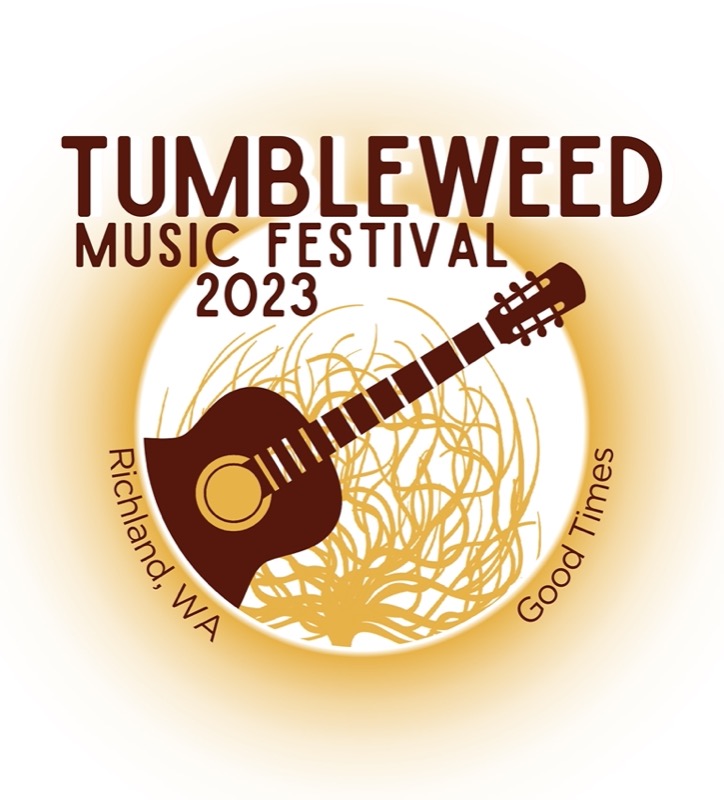Location
- Concert: None
- Stages: South Stage
- Workshops: Workshop #1 “An clò airgid (The Silver Cloth)”; Workshop #3 “Shared Singing Over Zoom”
Links
About An clò airgid
An clò airgid (The Silver Cloth) is a group of USA- and UK-based waulking song singers who have come together to create a special silver-themed performance set for Tumbleweed’s Virtual Folk Festival. The group has been drawn together by Linn Phipps, from the Edinburgh-based Luadh le mire group (“A waulking song with a laugh”), members of another of Linn’s Gaelic choirs (Coisir Lunnainn) who have previously joined her sings, the Sgioba Luaidh Inbhirchluaidh group; and singers from the USA, UK and Ireland who have participated in her Learn-a-Gaelic-Waulking Song workshops at USA folk festivals.
What are waulking songs (Òrain Luaidh)?
Songs have been sung throughout the USA and UK to ease hard labour. The Òrain Luaidh are in the tradition of group ― rather than individual ― singing.
(Others include sea shanties and rowing songs, which of course were traditionally sung by groups of men).
A Luadh is a traditional social event at which tweed is “waulked”. Waulking is the final stage in the process of making a length of tweed ― its purpose is to remove the oil and dirt from the cloth as well as to soften it and make it weatherproof. Waulking is the process of bashing the warp and weft threads of a length of tweed together until it reaches the right width. As the warp threads get closer together the tweed gets narrower and progress is marked by measuring the width of the cloth. When it is narrow enough, it is tight enough and the job is done. A waulking ― from start to finish―- takes hours. The cloth is first soaked in urine to soften it, and then waulking songs are sung, slow ones at the start due to the weight of the tweed, and then faster ones as the tweed gradually dries out and becomes lighter, narrower and shorter.
How are waulking songs performed?
At our luadh groups, we demonstrate waulking by performing a set of waulking songs. The songs are sung at different speeds, finishing off with a slow folding song and a fast patting song, usually in a 10-15 minute set.
Traditionally waulking was done by groups of women. Often the songs would include village gossip. However, our Luadh le mire group has always welcomed the gents. This also reflects the tradition in Nova Scotia, where groups have always been mixed-gender ― apparently due to there being a relative lack of women to do this hard work at the times of the great emigrations from Scotland to Nova Scotia. There, a waulking of the tweed is called a “milling frolic.”
Luadh le mire was formed ten years ago to demonstrate that milling frolics focus on fun and include both men and women. In collaboration with the late Jim Watson, a well-known Nova Scotia Gaelic scholar,–the group was named Le Mire, or, in Scottish Gaelic, “with a laugh“.
Sgioba Luaidh Inbhirchluaidh are based in Greenock, Inverclyde, http://www.waulk.org, and were formed by Frances Dunlop in 2000 with some friends and fellow-members of Greenock Gaelic Choir.
Why join us?
- Gain an insight into the lives of your ancestors
- Hear a genre of songs that you may never have heard before
- Participate in the exciting luadh-singing experience!
Recent performances:
- Launch event for Miriam Hamilton’s new tweed business with a refurbished original Hattersley loom, Isle of Lewis. (One of Miriam’s tweeds forms the backdrop to our Press Pack)
- Uidh Church Ceilidh, Isle of Lewis. Please see https://linnphippsfolk.co.uk/other-videos/ for performances of Luadh le mire with Laxdale Ladies at the Launch and at the Uidh Church ceilidh
- Live-zoom Luadh set performance, Edinburgh University Seachdain na Gàidhlig (Gaelic Week)
- Solo performance of Spinning song Abu’ chuibhl’ – used in our luadh sets – for virtual Go Industrial Day 19 September 2020, for the Scottish Fisheries Museum
Participatory workshop opportunity
An clò aigid will offer a participatory workshop at Tumbleweed so that everyone can learn a waulking song and join in a zoom live-performance.

